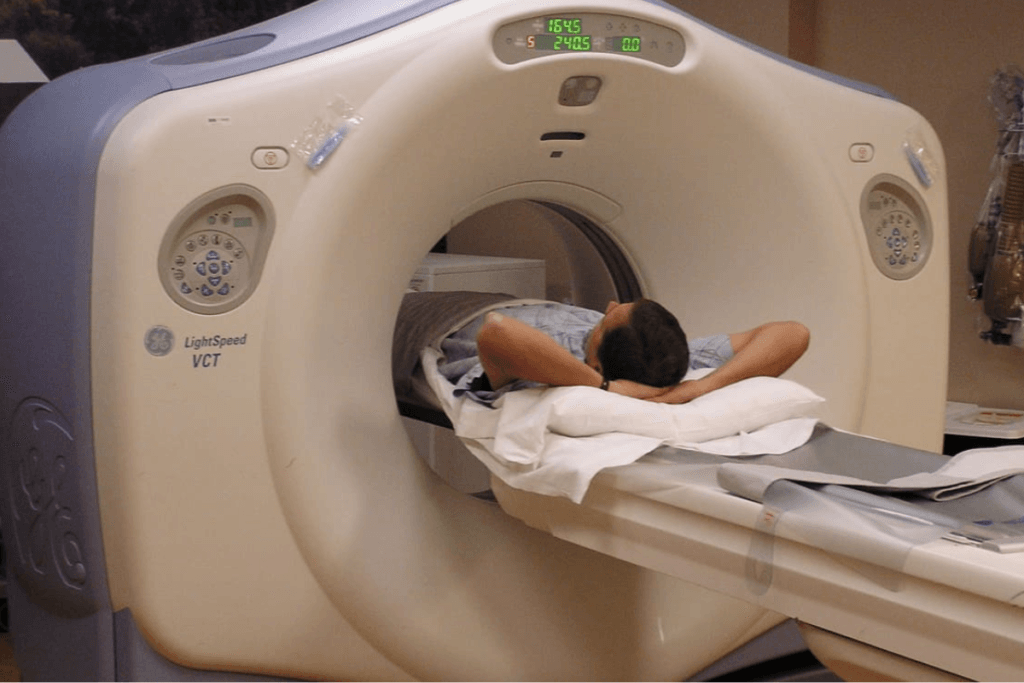
Cancer Screening

Cancer Screening Guidelines for Women
- Importance of Screening Cancer screening exams are routine tests conducted when you are feeling well and show no symptoms of illness. These tests are crucial for detecting cancer early, which significantly increases the likelihood of successful treatment. Below is the recommended schedule for cancer screening exams for women, as advised by MD Anderson.
- Screening Recommendations by Age
- Ages 21-29
- Cervical Cancer: Undergo a Pap test every three years to check for cervical cancer.
- Breast Cancer: Consider having a clinical breast exam every one to three years, starting at age 25.
- Ages 30-39
- Cervical Cancer: Get both a Pap test and an HPV test every five years to screen for cervical cancer and human papillomavirus (HPV).
- Breast Cancer: Continue with a clinical breast exam every one to three years.
- Ages 40-49
- Breast Cancer: Schedule a mammogram and a clinical breast exam every year.
- Cervical Cancer: Continue with a Pap test and HPV test every five years.
- Colorectal Cancer: Begin screening with a colonoscopy every 10 years, starting at age 45. Alternative options include:
- Virtual colonoscopy every five years
- Stool-based DNA test every three years
- Stool-based test every year
- Age 50 and Older
- Breast Cancer: Continue with annual mammograms and clinical breast exams.
- Cervical Cancer: Maintain the Pap test and HPV test every five years. Discuss with your doctor whether you need continued screening after age 65.
- Colorectal Cancer: Continue with a colonoscopy every 10 years. Alternatives include:
- Virtual colonoscopy every five years
- Stool-based DNA test every three years
- Stool-based test every year
- Additional Considerations
- Breast Cancer Screening: The risk of breast cancer increases with age, making regular screenings essential. The incidence of breast cancer in India is rising, and early detection can be life-saving.
- Cervical Cancer Screening: Regular cervical cancer screenings are important, especially for detecting changes caused by HPV, which is a significant risk factor.
- Colorectal Cancer Screening: Colorectal cancer is one of the most common cancers in women. Regular screenings starting at age 45 are crucial for early detection and prevention.
- Conclusion Following these screening guidelines helps in the early detection of cancer and improves the chances of successful treatment. Always discuss your personal risk factors and screening options with your healthcare provider to tailor the approach to your needs.
Trustindex verifies that the original source of the review is Google. Dr. Ruchir bhandari is best radiation oncologist & incredibly knowledgeable.Highly recommend! Thank you so much for your Providing knowledgeable care and taking out time to address all your questions when ever asked. With your best of knowledge got the best treatment and the result is today I am free from Cancer diseases. You continues efforts, guidance and timely treatment made this happen. You patience listening to the patient boost the will power and morale of the patient and that has helped me to recover fast in my endeavour to get back to my normal life. Long live doctor. Thank you so much,God bless you.Posted onTrustindex verifies that the original source of the review is Google. Best cancer specialist in jaipur. With most advanced technology ( cyber knife)Posted onTrustindex verifies that the original source of the review is Google. Very good doctor, with great knowledge, mere known ka cyber knife se treatment krvaya or ab vo bilkul theek h, thank you Dr ruchir Bhandari sir and thank you Dr pankaj sharma ji for support nd conclingPosted onTrustindex verifies that the original source of the review is Google. Dr. Ruchir bhandari is best radiation oncologist & incredibly knowledgeable and took the time to answer all my questions. Highly recommend! Thank you so much for your kind words! Providing knowledgeable care and taking the time to address all your questions are integral parts of our commitment to patient satisfaction.Posted onTrustindex verifies that the original source of the review is Google. Rajasthan 1st cyber knife . Best radiotherapy treatment SRT , SBRT , SRS , FSRSPosted onTrustindex verifies that the original source of the review is Google. डॉ. रुचिर भंडारी और उनकी टीम को अविश्वसनीय रूप से जानकारी हैं। उनकी विशेषज्ञता और असाधारण देखभाल ने मेरी बहन सीमा माली के ब्रेन ट्यूमर के इलाज में सचमुच बहुत बड़ा बदलाव लाया है। और वे लक्षणों को ध्यान से सुनते हैं और फिर सही इलाज शुरू करते हैं। भगवान आप और आपकी टीम को दीर्घायु एवं अच्छा स्वास्थ्य प्रदान करे।Posted onTrustindex verifies that the original source of the review is Google. Best Radiation oncologist in Jaipur. I like his approach, expertise on cyberknife, his follow up and concern for patient health. Thanks to Dr. Ruchir and his complete team.Posted onTrustindex verifies that the original source of the review is Google. I take treatment on cyberknife for my relative at mhatama gandhi hospital. I thanks to Dr ruchir bhandari and team cyberknife for best treatment. I suggest that this advance machine is best for radio robotic surgery
Related Post
Click below to book a clinic appointment
Ask More Questions Send Query On Email



